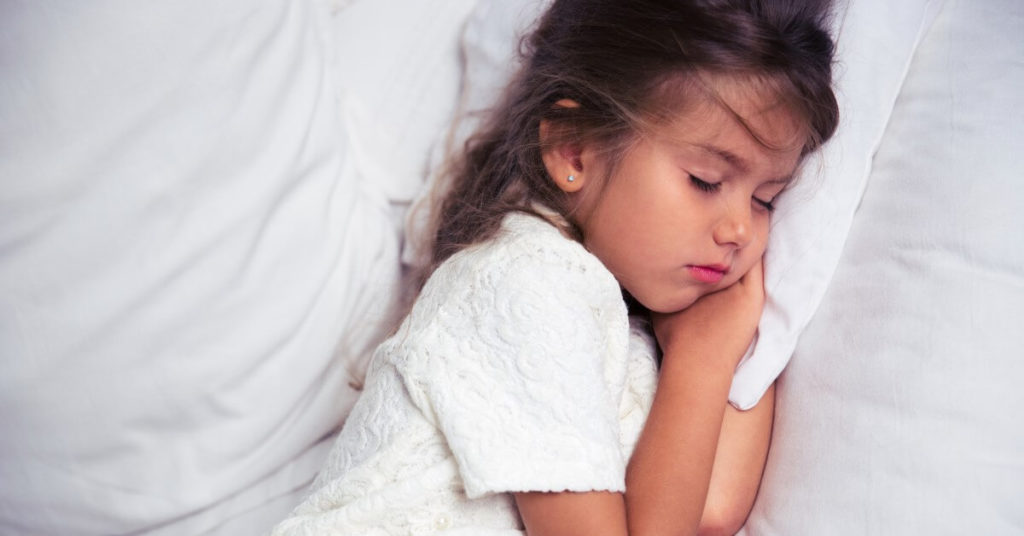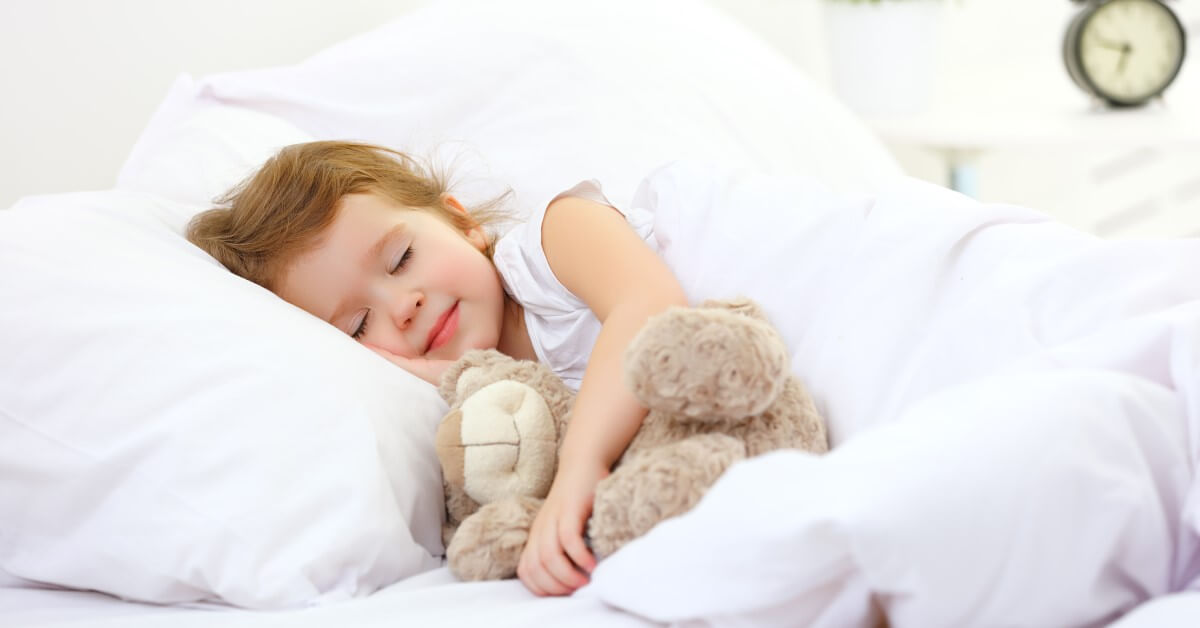
Kids and Sleep – How Much is Right? | Why Sleep is Important for Kids |
Sleep Strategies for Growing Humans
Overview
There are compelling reasons why sleep, exercise, and diet are considered the three pillars of health.
When we get good quality sleep in sufficient quantities, we lower our risk for serious health problems like diabetes, heart disease, and depression.
We also think more clearly, can make better decisions, and we control stress and mood better. Good sleep can even help you stay at a healthy weight.
Individual sleep needs can differ significantly from person to person, so it is generally tough to define what works best for entire groups of people.
Still, some directional guidelines can be applied based on physical and mental development – such as with children.
Kids tend to have specific sleep needs that can be quite different from other age groups, so let’s look at this topic from a closer view.
Kids and Sleep – How Much is Right?
According to the American Academy of Sleep Medicine, the consensus after a review of over 800 published articles on children’s sleep needs for optimal health can be categorized as follows:[1]
- Infants 4 to 12 months: 12 to 16 hours per 24 hours (including naps)
- Children 1 to 2 years: 11 to 14 hours per 24 hours (including naps)
- Children 3 to 5 years: 10 to 13 hours per 24 hours (including naps)
- Children 6 to 12 years: 9 to 12 hours per 24 hours
- Teenagers 13 to 18 years: 8 to 10 hours per 24 hours
Why Sleep is Important for Kids
The risks of not getting enough sleep are similar for all age groups across the board, such as the increased risk of accidents, injuries, hypertension, obesity, diabetes, and depression.[2] But there are specific considerations for developing humans.
The health benefits of sleep for kids are improved attention, behavior, learning, memory, emotional regulation, quality of life, and mental and overall physical health.[1]
Conversely, insufficient sleep in children is associated with attention, behavior, and learning problems. Sleep deprivation in teenagers has been found to increase the risk of self-harm, suicidal thoughts, and suicide attempts.[1]
Sleep Strategies for Growing Humans
One thing that everyone can do to improve their sleep starting tonight is sleep hygiene. That term encompasses several behavioral adjustments to bedtime environments and habits to facilitate the best possible rest night after night.
For kids, this could mean:
- Creating a Bedtime Routine: Implement relaxing, age-appropriate bedtime habits like taking a hot bath or reading a book together. These activities will help ease your child into a more relaxed state for falling asleep quicker.
- Consistency Wins the Night: Introduce the nightly habit of going to bed at a time that can meet sleep requirements for your child’s age group. For most kids, this would be around 9 pm. The idea is that bedtime should be at the same time every night, as should their wake-up time.
- Winding Down: Screen time should be limited to 30 minutes before bed to allow your kid’s mind to wind down for the night. Certain electronics, such as mobile phones and tablets, emit blue light, which has been found to suppress melatonin production,[3] so it’s best to avoid those close to bedtime too.
- No Sleeping with Pets: This pointer may be tough to implement as kids can certainly be fond of pets, but it’s strongly recommended not to sleep with an animal as its movements during the night can disturb your child and cause fragmented sleep, which does not allow for the recommended sleep times.
- Avoidance: Besides the blue light-emitting electronics mentioned above, other things to avoid before bed include programming with violent or scary content, any food or beverage with caffeine, or too many liquids before bedtime. All these can cause frequent wake-ups or unnecessary mental stimulation that prevents a restful night.
References:
- Paruthi, S., Brooks, L. J., D’Ambrosio, C., Hall, W. A., Kotagal, S., Lloyd, R. M., Malow, B. A., Maski, K., Nichols, C., Quan, S. F., Rosen, C. L., Troester, M. M., & Wise, M. S. (2016). Recommended Amount of Sleep for Pediatric Populations: A Consensus Statement of the American Academy of Sleep Medicine. Journal of clinical sleep medicine : JCSM : official publication of the American Academy of Sleep Medicine, 12(6), 785–786. https://doi.org/10.5664/jcsm.5866
- Hanson, J. A., & Huecker, M. R. (2023). Sleep Deprivation. In StatPearls. StatPearls Publishing.
- Shechter, A., Kim, E. W., St-Onge, M. P., & Westwood, A. J. (2018). Blocking nocturnal blue light for insomnia: A randomized controlled trial. Journal of psychiatric research, 96, 196–202. https://doi.org/10.1016/j.jpsychires.2017.10.015


